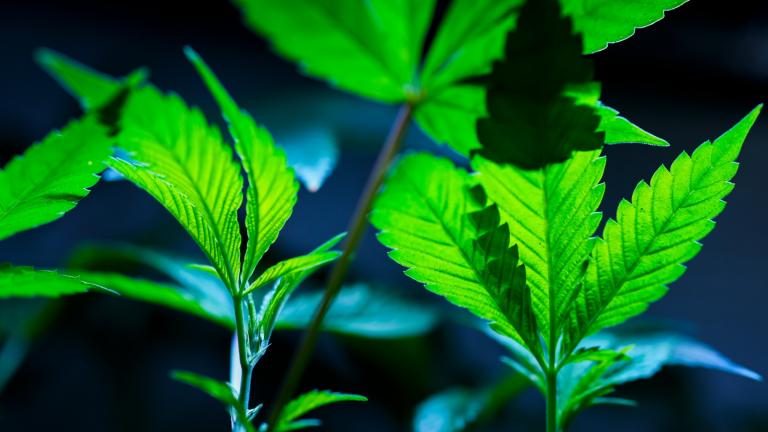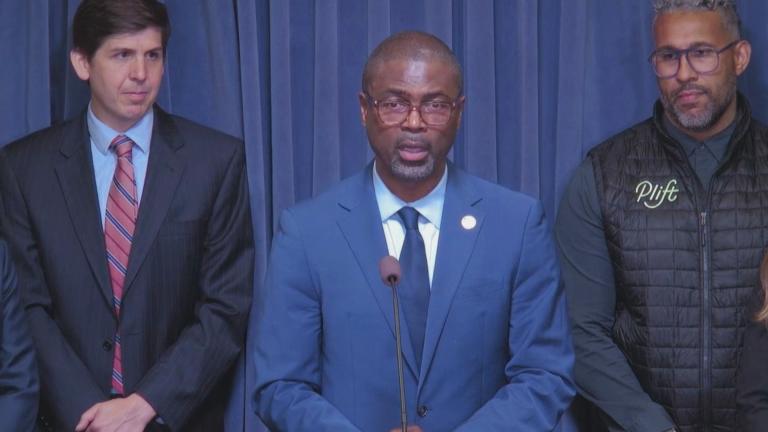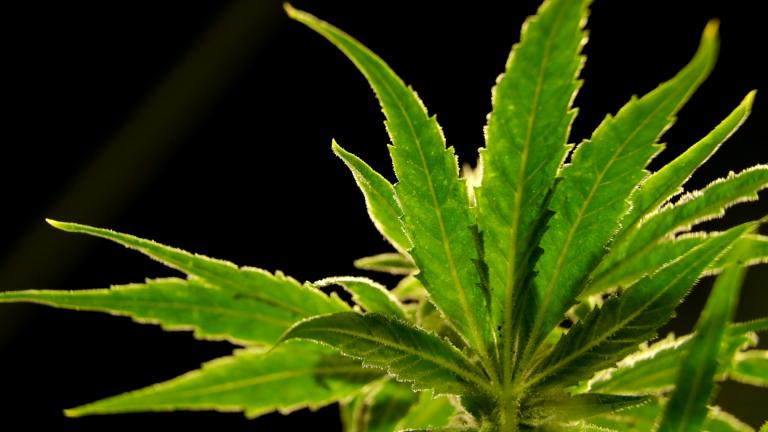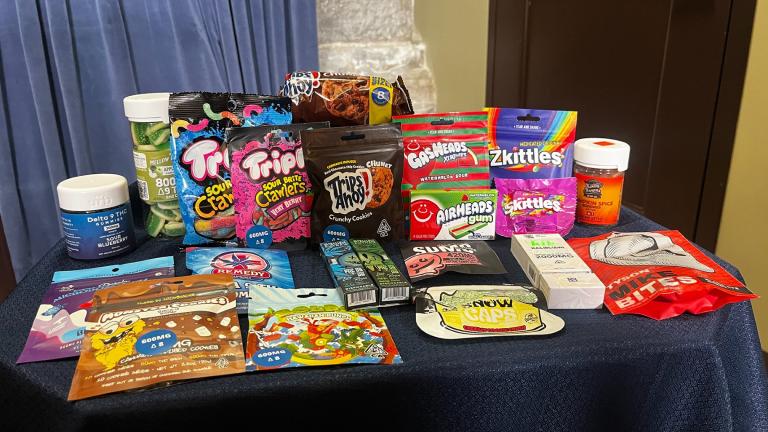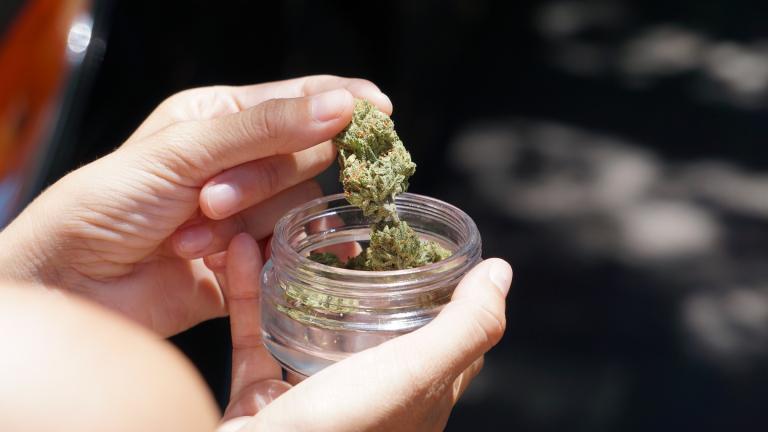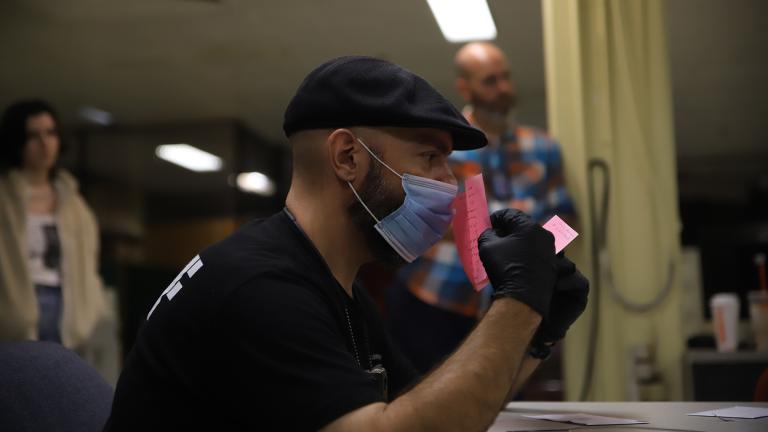Delta-8 hemp products have seen a surge in popularity but a proposed Chicago ordinance is looking to regulate the industry.
Products made from delta-8 promise to deliver a milder marijuana-like high. But unlike marijuana, which is strictly regulated and can only be sold in licensed dispensaries, delta-8 can be sold in convenience stores and cafes, and there are no age minimums for purchase.
A new ordinance introduced to the Chicago City Council by Ald. Brian Hopkins (2nd Ward) last Thursday would restrict sales of hemp products. Under Hopkins’ proposal, hemp products, like delta-8, could only be sold in licensed marijuana dispensaries.
That frustrates Charles Wu, co-owner of Chi’Tiva Café, which sells hemp-infused drinks and menu items, including ones containing delta-8.
“Since 2021, I’ve been working with other responsible hemp businesses to push through legislation that regulates how hemp products in Illinois can be labeled and packaged,” says Wu. “In 2022, we proposed crafting legislation saying that no one under 21 can buy a smokable hemp joint. At my café you have to be 21, and we ask for ID on all purchases. But there are hemp stores that will sell a hemp joint to teenagers. Unfortunately, the cannabis industry blocked that legislation from passing. Why? Because their real intention here doesn’t concern public health and public safety, they’re really concerned about holding on to their monopoly. They’re holding out for legislation like Alderman Hopkins’ that will block anyone from selling delta-8 who doesn’t have a marijuana dispensary license.”
State Rep. LaShawn Ford, D-Chicago, is drafting alternate legislation that would create a regulatory structure similar to cannabis. It would limit sales to 21 and over, create rigorous testing and labeling requirements and impose a new tax on hemp products.
Unlike Hopkins’ ordinance, the state legislation would not mandate hemp products be sold in licensed marijuana dispensaries. Ford prefers that the state create a separate hemp permit for businesses who want to sell hemp products, in addition to allowing hemp to be sold in marijuana dispensaries.
Many marijuana dispensary owners don’t think delta-8 should be sold anywhere. They’d like to see a complete ban on what they call a potentially dangerous drug that hasn’t been properly tested.
“We don’t know what’s in these delta-8 products,” says Kareem Kenyatta, co-owner of Star Buds marijuana dispensaries in suburban Riverside and Burbank. “You can have some hemp products that are much milder, but what we’re seeing in tobacco shops is some delta-8’s are more potent than what we’re selling in marijuana dispensaries. These products aren’t properly labeled or tested. There was someone in another state who mistakenly took delta-8 laced with fentanyl. Some of these tobacco shops might mix fentanyl in.”
Ford doesn’t think banning delta-8 makes sense.
“We want to regulate it so it’s safe, clean and revenue can be generated from it. Baffles me that we would want to ban something we can't get rid of, during a time when we need revenue,” Ford said. “Let’s put this under control of the government so our streets are safe and it’s taxed.”
Ford says the fact delta-8 is already available means it’s too late to try and get rid of it.
“For anyone who hasn’t learned this from past prohibitions, banning substances hurts tax revenue, and hurts only certain people through the criminal justice system, overwhelmingly minorities,” he added.

